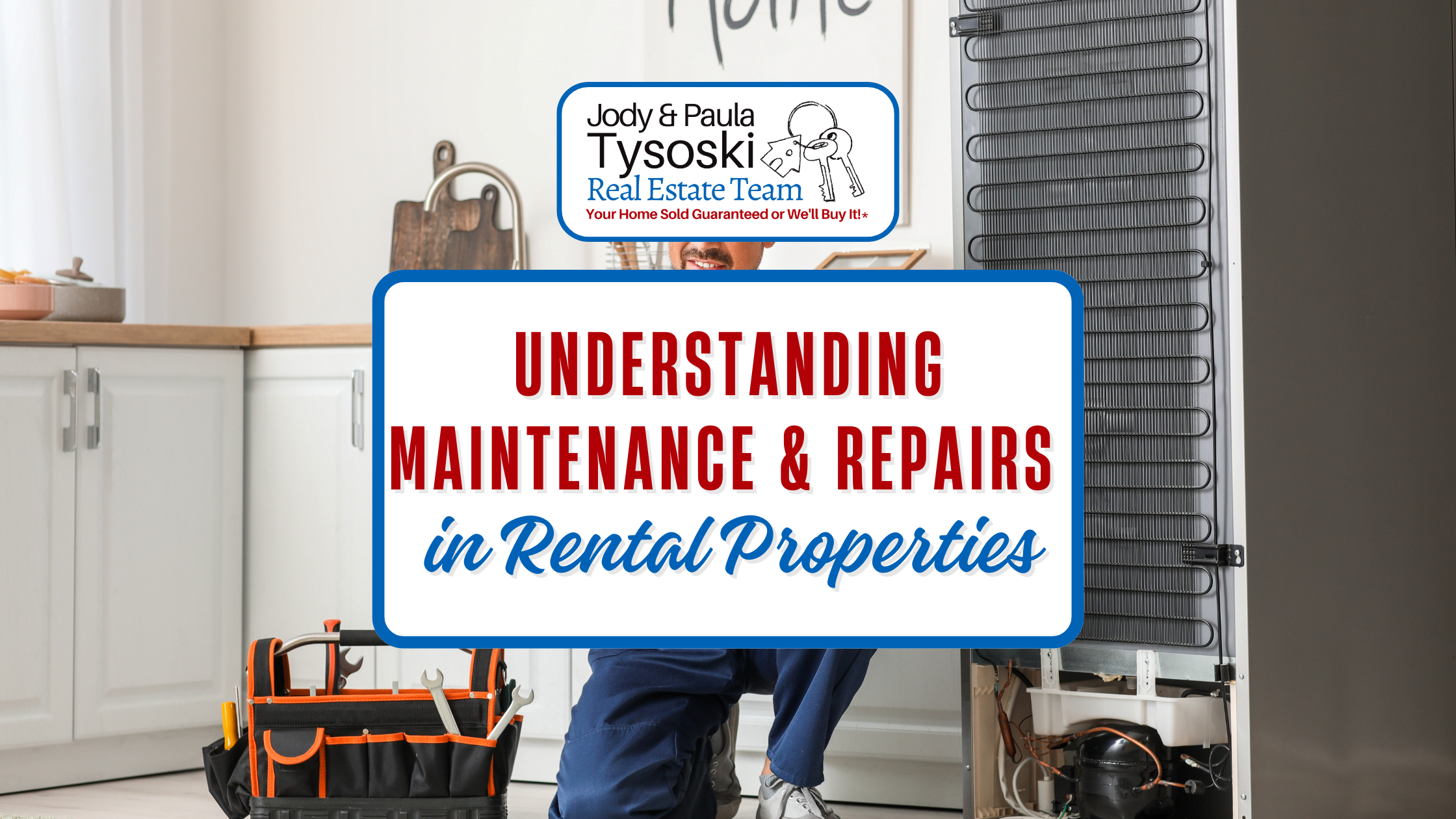
When renting a property in Brantford or Paris Ontario, both landlords and tenants have specific responsibilities for maintenance and repairs. These are set out by the Residential Tenancies Act (RTA). Here’s a simple guide to understanding who does what.
1. Repair and Maintain the Property Landlords must keep the rental property in good condition, including electrical, plumbing, heating systems, appliances, and structural elements like walls and roofs. If something breaks due to normal wear and tear, the landlord must repair or replace it.
Regular maintenance helps forecast needed repairs and reduces unexpected emergencies. Landlords are also responsible for maintaining and repairing:
2. Keep the Property Clean Common areas such as lobbies, halls, elevators, and laundry rooms must be clean and pest-free.
3. Meet Property Standards Landlords must comply with local municipal bylaws or provincial maintenance standards to ensure health, safety, and housing standards are met.
4. Follow Fire Safety Laws Landlords must adhere to fire safety regulations set by local authorities.
5. Ensure Vital Services Vital services like water, heat, electricity, and gas must be supplied without unreasonable interruption. Emergency contact information should be posted visibly in the building, even if it’s just the landlord's.
6. Give Notice for Entry Landlords must provide 24-hour written notice before entering a rental unit for inspections or repairs. Check local regulations for specific notice periods in your area.
1. Keep the Unit Clean Tenants must maintain ordinary cleanliness in their rental units. Extreme untidiness that affects others can lead to eviction.
2. Repair Damage Tenants are responsible for repairing or paying for any damage caused by themselves or their guests. Normal wear and tear is not the tenant’s responsibility.
For Tenants:
1. Inform the Landlord Report any maintenance issues to the landlord in writing. Keep a copy for your records.
2. If the Landlord Doesn’t Fix the Problem:
3. Support Your Case: Provide evidence like photos, correspondence, and logs of communications with the landlord.
4. Emergency Repairs Emergencies affecting health, safety, or property must be handled by the landlord. Examples include flooding, heating failures, sewage backups, defective locks, electrical hazards, or broken refrigerators. Tenants should attempt to contact the landlord twice before calling an external repair person.
For Landlords:
1. Inform the Tenant Notify the tenant of any cleanliness or damage issues and request corrective action.
2. If the Tenant Doesn’t Comply:
3. Support Your Application: Bring evidence like photos, written notices, quotes for repairs, and receipts to the LTB hearing.
Pests pose serious health hazards. If tenants cannot eliminate pests on their own, the landlord must hire a professional exterminator. Common pests include silverfish, mice, fleas, cockroaches, rats, bedbugs, and carpenter ants. For suspected pest issues, tenants can ask to view the unit after dark or inquire with other tenants.
Navigating maintenance and repair responsibilities in rental properties in Brantford, Paris or Surrounding Area in Ontario can seem complex, but understanding your obligations and rights as a tenant or landlord is key to a harmonious living arrangement. For further guidance or to address any disputes, always refer to your local rental authority or the Landlord and Tenant Board. With clear communication and adherence to these guidelines, both parties can enjoy a well-maintained and safe living environment.
For more detailed information or to resolve disputes, contact the Landlord and Tenant Board (LTB):
Understanding these responsibilities can help ensure a smooth rental experience for both landlords and tenants.
Information from The CMHC and Tribunals - The Landlord and Tenant Board